|
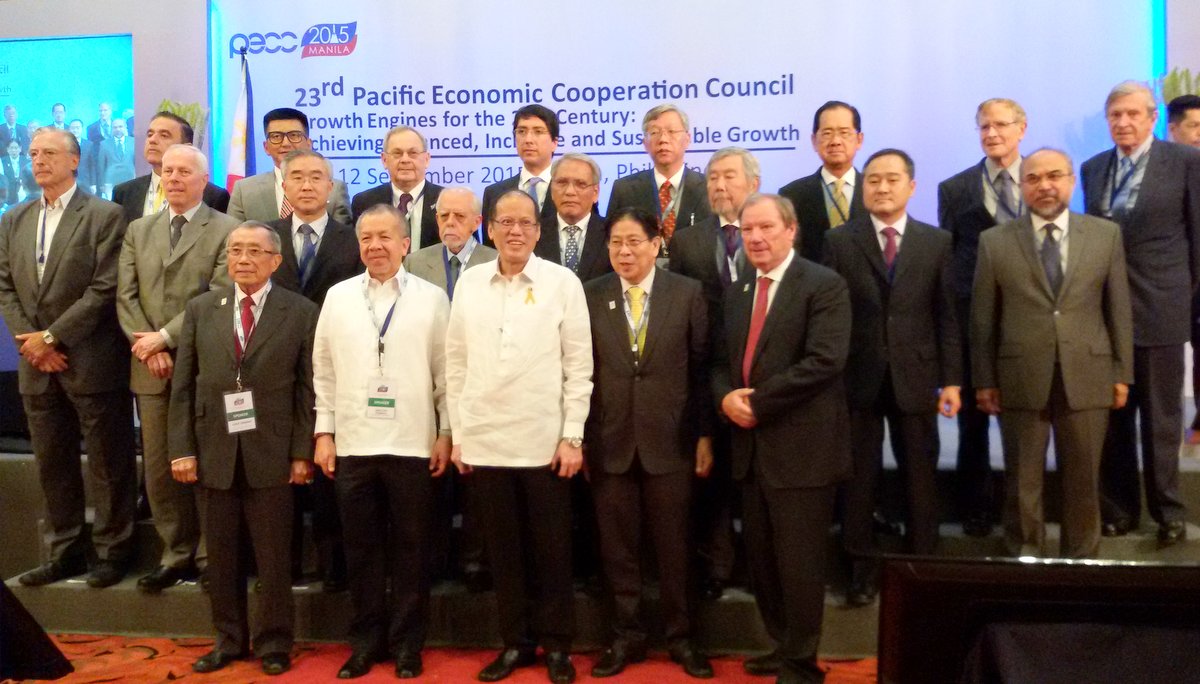
The Asia-Pacific is undergoing a structural transformation with uncertainty prevailing in key markets, the region must find new engines of growth by harnessing business opportunities enabled by digital revolution, rise of middle class, increased social mobility and global value chains. Realizing the potential of these new trends requires the participation of all sectors of the community.
Addressing the audience at the 23rd PECC General Meeting, President of the Philippines H.E. Benigno S. Aquino III said, “The Pacific Economic Cooperation Council (PECC) is an excellent example of a belief I always have held: The challenges of a country, or even of the world, are not for a mere few to solve. Each one of us must do his part. Standing here today, in front of an audience composed of representatives from business, the academe, governance, and other sectors, I see that belief realized. Since 1980, the PECC has contributed so much, not only in crafting policy, but also in shaping a more stable and more prosperous Asia Pacific. Indeed: By working together, we will find it much easier to solve our collective challenges. Foremost among these is how to achieve balanced, sustained, and inclusive growth.” Underscoring that inclusive growth fosters stability, he added, “The Filipino people are front and center in our governance agenda. […] Economic progress is inseparable from the progress of the people.”
The Philippine PECC committee hosted the 23rd General Meeting of PECC in Manila on 11-12 September with the theme, "Growth Engines for the 21st Century: Achieving Balanced, Inclusive, and Sustainable Growth."
Following were the plenary and concurrent sessions of the General Meeting:
Plenary Session 1: Sustainable and Inclusive Growth in the Asia-Pacific Century
Plenary Session 2: Challenges of Promoting Inclusive Growth
Plenary Session 3: Mega-Regionals and the Future of the Trade System
Concurrent Sessions:
- Mining and Natural Resources
- Principles for Promoting Resilient Economies
- The Role of Micro and Social Enterprises in Promoting Inclusive Growth
- The Internet Economy
Plenary Session 4: The Role of Regional Financial Cooperation in Promoting Economic Growth
Plenary Session 5: Connectivity: Challenges for Global Value Chains
For further information, refer to: www.pecc.org/pecc23
Download presentations from the GM
President Benigno S. Aquino's speech
Aquino cites human investment as key to inclusive growth (Philippine Information Agency)
Related news clippings
Related press release: Achieving Resilient and Inclusive Growth
About 50 undergraduate and graduate students were selected by different member committees of PECC and participated in a next generation program in addition to attending the 23rd PECC GM. Three finalists of the PECC essay competition were acknowledged by the Standing Committee of PECC on the occasion.
The GM was preceded by the PECC Standing Committee meeting on the 10th and followed by a workshop on FTAAP (Free Tree Area in the Asia-Pacific) in the afternoon of the 12th.The FTAAP Workshop covered the state of play in regional trade agreements as well as how value chains might be mapped in the region in addition to work done so far by APEC on FTAAP and what PECC could do to further contribute to the study.
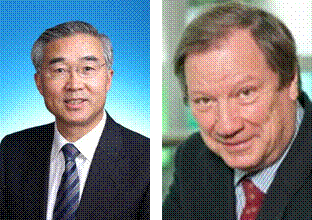
Ambassador Tang Guoqiang of the China Committee for PECC (CNCPEC) was elected the new Co-chair of PECC to serve for three years alongside Ambassador Don Campbell of Canada committee for PECC (CANCPEC) who was re-elected for another term of three years. Amb. Tang Guoqiang has been Chair of CNCPEC starting May 2012. Amb. Tang served on many of China’s diplomatic posts, including Ambassador of PRC accredited to the Czech Republic and to Norway. He was also Head of the Chinese mission to the United Nations and other international organizations in Vienna. He also served as Deputy Commissioner at the Commissioner’s Office of China’s Ministry of Foreign Affairs in Hong Kong. Amb. Tang is a native of Shanghai and has entered the Ministry of Foreign Affairs in 1974.
Mr. Jusuf Wanandi has stepped down as Co-chair after two terms.
UPCOMING EVENTS
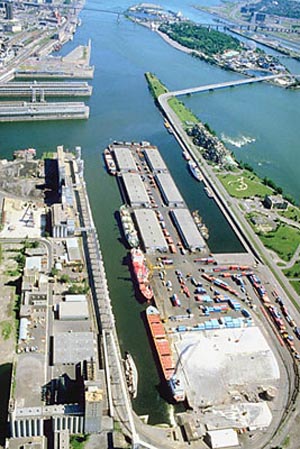
Developments of ports and of new maritime routes are ways to better link economies of PECC and enhance connectivity that facilitates regional and international trade. In the past recent years, maritime trade has been growing, to and from PECC economies in the Asia- Pacific, for reasons of reliability, efficiency, and lower costs.
This PECC international project aims to contribute to regional policy dialogues on improving connectivity, sustainability and mutual growth for the PECC economies on both sides of the Pacific that are seeking to develop new routes and enhance port operations to meet the increasing demand for maritime trade through the Pacific and Indian Oceans.
Representatives from government agencies, relevant institutions and businesses from PECC economies, who are responsible for the development of maritime trade in the Asia-Pacific region such as sea transport companies, port operators, designers and builders of vessels, dredging and port construction companies, hauling companies, trading companies, and related service providers will gather to exchange views and propose solutions for better connectivity in the Asia-Pacific. They will contribute to the discussions by sharing their experiences in collaborating with other players on major international projects.
The first seminar will be held on 19-20 October 2015, in Papeete, at the invitation of the Government of French Polynesia. It will take place between the annual meetings of cruise operators and of French port operators. The focus of the first seminar will be on the development of maritime trade in the Asia-Pacific region in the coming years and the following issues will be discussed:
- What will the regional maritime trade look like in 2025 - what are the current trends and future projections?
- What are the main drivers of increased pressure on sea routes and ports?
- What changes in vessels – both cargo and passenger (cruise ships, ferries) - are needed to meet the increased demand while meeting safety and environmental regulations?
- What are the implications: modernization of existing ports, new hubs, chokepoints, small ports?
MEMBER UPDATES
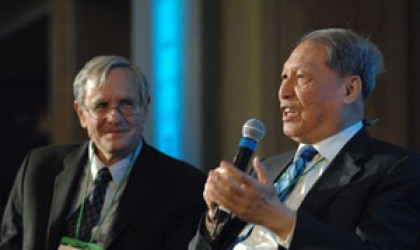
Mr. Cheng Siwei, a renowned Chinese economist and former vice chairman of the Standing Committee of China's National People's Congress, passed away on July 12th in Beijing at the age of 80. Mr. Cheng was former chairman of China National Democratic Construction Association Central Committee and former leader of the National Association of Vocational Education of China.
Mr. Cheng was pro-liberalization and Asia-Pacific economic cooperation. As Honorary Chairman of CNCPEC, Mr. Cheng was greatly supportive of the PECC process. Starting with Seoul 2005, he attended several more of PECC General Meetings. He never missed an annual meeting of CNCPEC and used to grace with his presence a host of international meetings organized by CNCPEC. He made time to attend the annual PECC Tianjin Trade and Investment Fairs regularly. Last year, he addressed the delegates of the PECC GM XXII as the luncheon keynote speaker, sharing his insights and visions on the world as usual, on various aspects of regional economic situations as well as his philosophy on harmony and diversity.
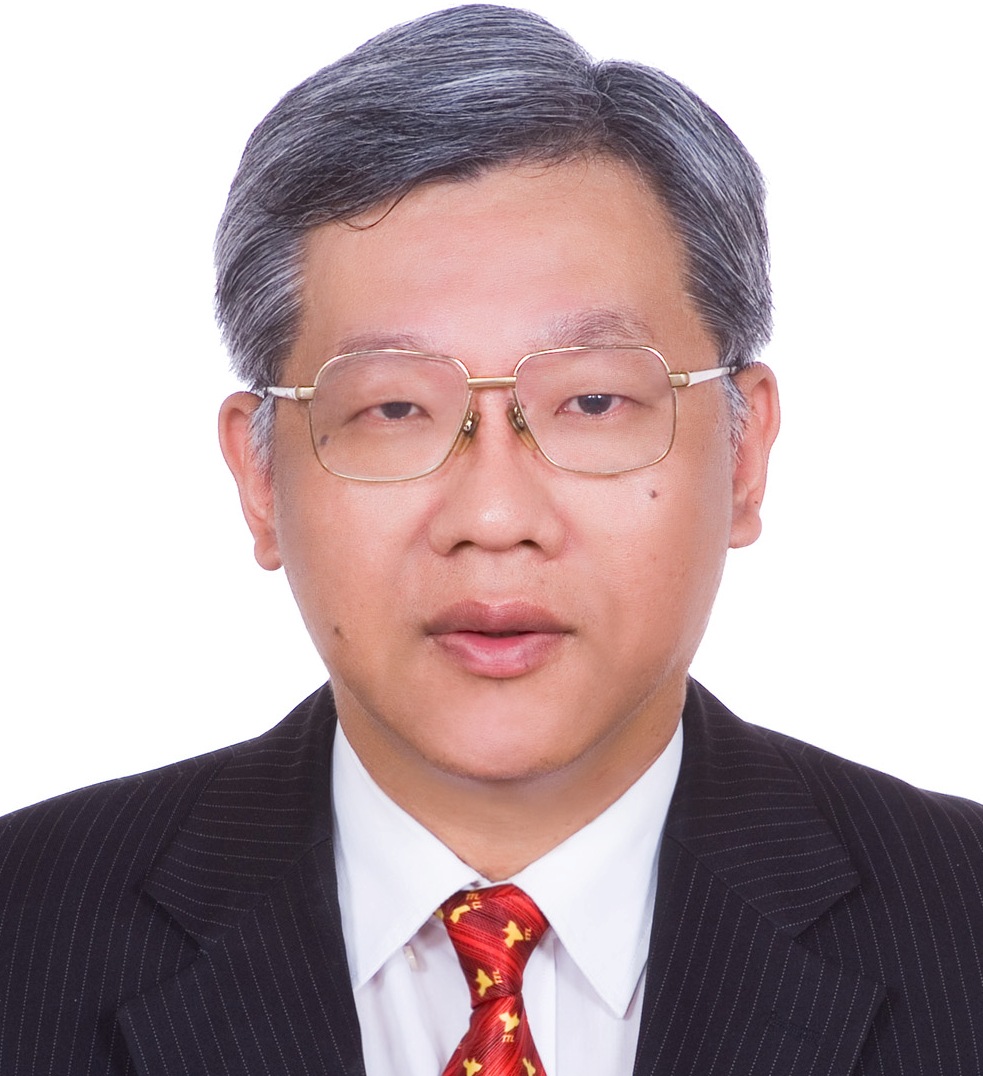
Dr. Chien-Fu Jeff Lin was elected as the new chair of the Chinese Taipei Economic Cooperation Committee (CTPECC) at its meeting on 7 July, 2015. Dr. Lin recently succeeded Dr. David Hong as the President of Taiwan Institute of Economic Research (TIER) who also served as chair of CTPECC. Prior to his current position, he served as a Professor of Department of Economics, National Taiwan University; an Associate Dean of Institute for Advanced Studies in Humanities and Social Sciences, National Taiwan University; the Convener of Monetary and Public Finance Department, the National Policy Foundation; and the General Convener of Taiwan Competitiveness Forum Association.
Dr. Lin earned a Master of Arts in Economics followed by a Doctor of Philosophy in Economics from the University of California San Diego. Dr. Lin has his Bachelor of Arts and Master of Arts, both in Economics, from the National Taiwan University; and was awarded the Fulbrighter Honor in 2006. Dr. Lin has published many papers on Economic Policy Analysis, Macroeconomic Analysis, and Econometrics. In addition, he frequently publishes articles to share his view on current economic, political and social issues on newspapers, such as the Economic Daily News column.
PUBLICATIONS
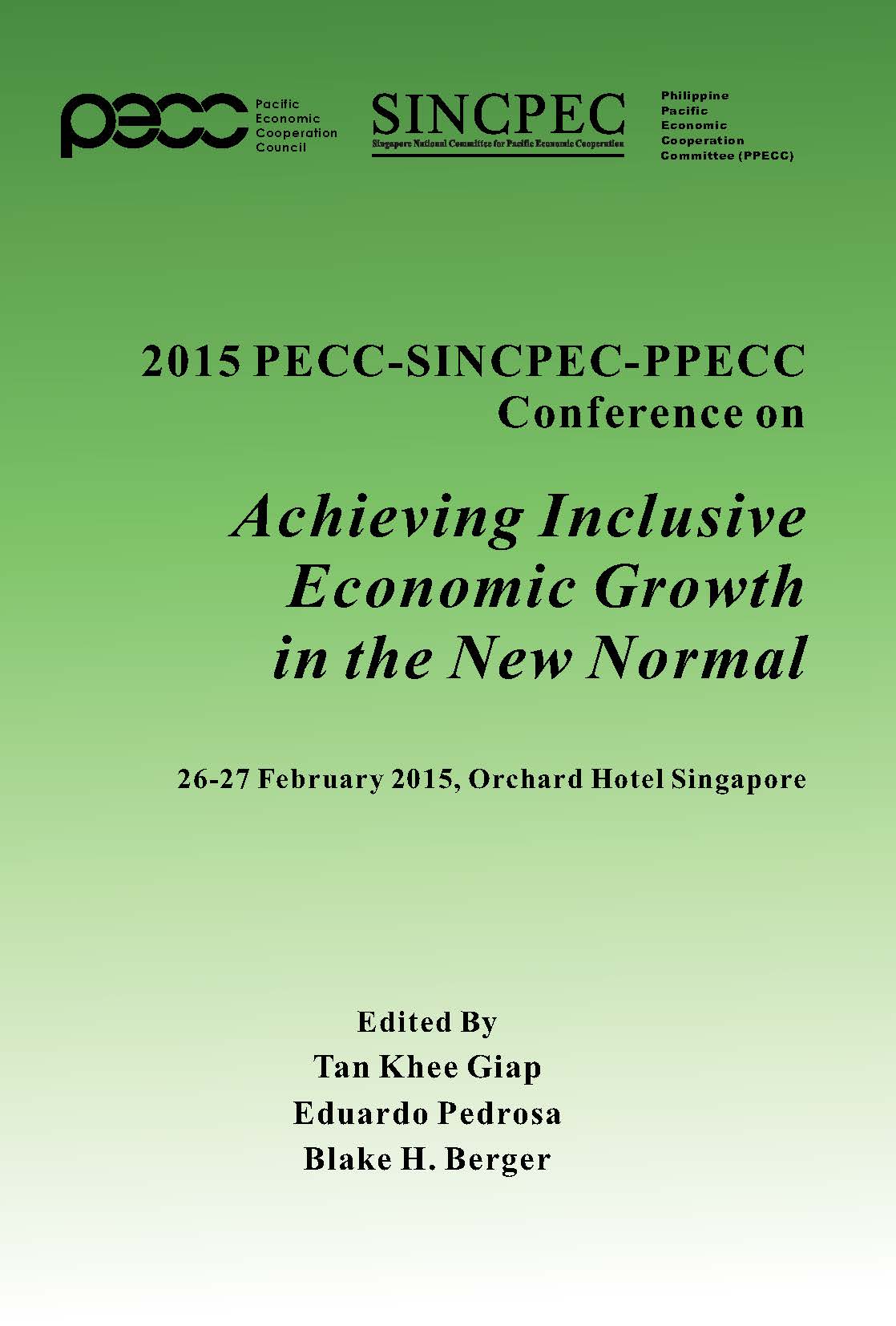
The Singapore National Committee for Pacific Economic Cooperation (SINCPEC) and the Philippine Pacific Economic Cooperation Committee (PPECC) co-organized annual PECC Singapore Conference, "Achieving Inclusive Economic Growth in the New Normal," on February 27th 2015 in support of APEC 2015 chaired by the Philippines. This publication contains the summary of presentations and discussions from the Conference.
When we talk of the 'new normal' it tends to be in terms of the slower growth many economies in the region are facing today and inclusive growth has been defined in terms of ensuring that more citizens have the opportunity to benefit from and contribute to economic activity. This was the intent of the way this conference was framed. However there are other ways to think about these concepts and this became apparent through the course of our discussions.
The challenge of inclusive growth agenda is enormous. When the region's policymakers set the Bogor Goals it was a top-down process. The region's leaders agreed that the best path to achieving prosperity was through free and open trade and investment. Today, policies are just as likely to come up from the bottom. One side of the story is that policymakers are now playing a catching up game by reacting to the rapid transformations taking place in the business world, while another side of the story is the way in which social networks are facilitating an unprecedented level of participation in the policy process - from crowd-sourcing ideas to online social movements. This might be defined as inclusive policy process rather than inclusive growth itself. These phenomena present enormous opportunities and challenges for new ideas and cross-sectoral fertilization of innovation.
Download the entire publication (198 pages, PDF, 4.76MB)
Presentations from the related Conference
|







